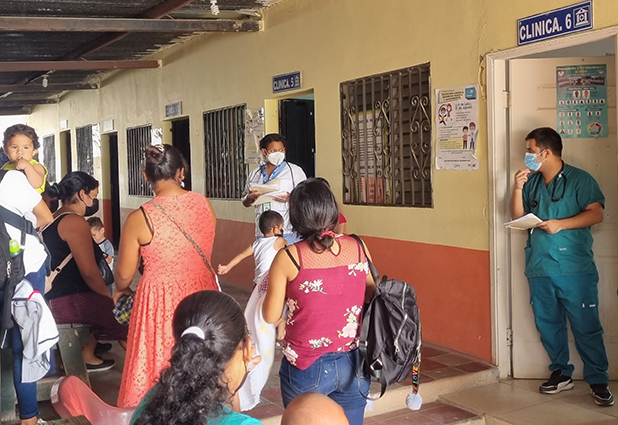Healthcare in Honduras
Honduras has a dual healthcare system, with both public and private providers. While the country continues to face health challenges, services are improving in urban areas.
1. Public Healthcare System
- Managed by the Secretaría de Salud (Ministry of Health).
- Free or low-cost services available at public hospitals and clinics.
- Focuses on primary care, vaccinations, maternal health, and infectious disease control.
- Rural areas often lack sufficient facilities, staff, and supplies.
2. Private Healthcare System
- Higher-quality services, mainly found in Tegucigalpa, San Pedro Sula, and La Ceiba.
- Patients pay out-of-pocket or through private insurance.
- Popular with expats and medical tourists, especially for dental, cosmetic, and minor surgeries.
3. Major Health Concerns
- Infectious diseases: Dengue, Zika, chikungunya, tuberculosis
- Malnutrition in rural areas
- Maternal and infant mortality (higher than regional average)
- Access to clean water and sanitation remains limited in some regions
4. Health Insurance
- IHSS (Instituto Hondureño de Seguridad Social) provides health coverage for formally employed citizens
- Most informal workers and rural residents lack insurance
- Growing number of private insurance providers
5. Medical Professionals
- Shortage of doctors in rural zones
- Many doctors are trained locally at Universidad Nacional Autónoma de Honduras (UNAH)
- Some professionals trained abroad (Cuba, Mexico, USA)
6. International Help & NGOs
- Red Cross, Doctors Without Borders (MSF), USAID, and PAHO support:
- Emergency response
- Disease prevention
- Vaccination campaigns
Challenges
- Underfunded public hospitals
- Poor infrastructure in remote areas
- Urban-rural healthcare gap


